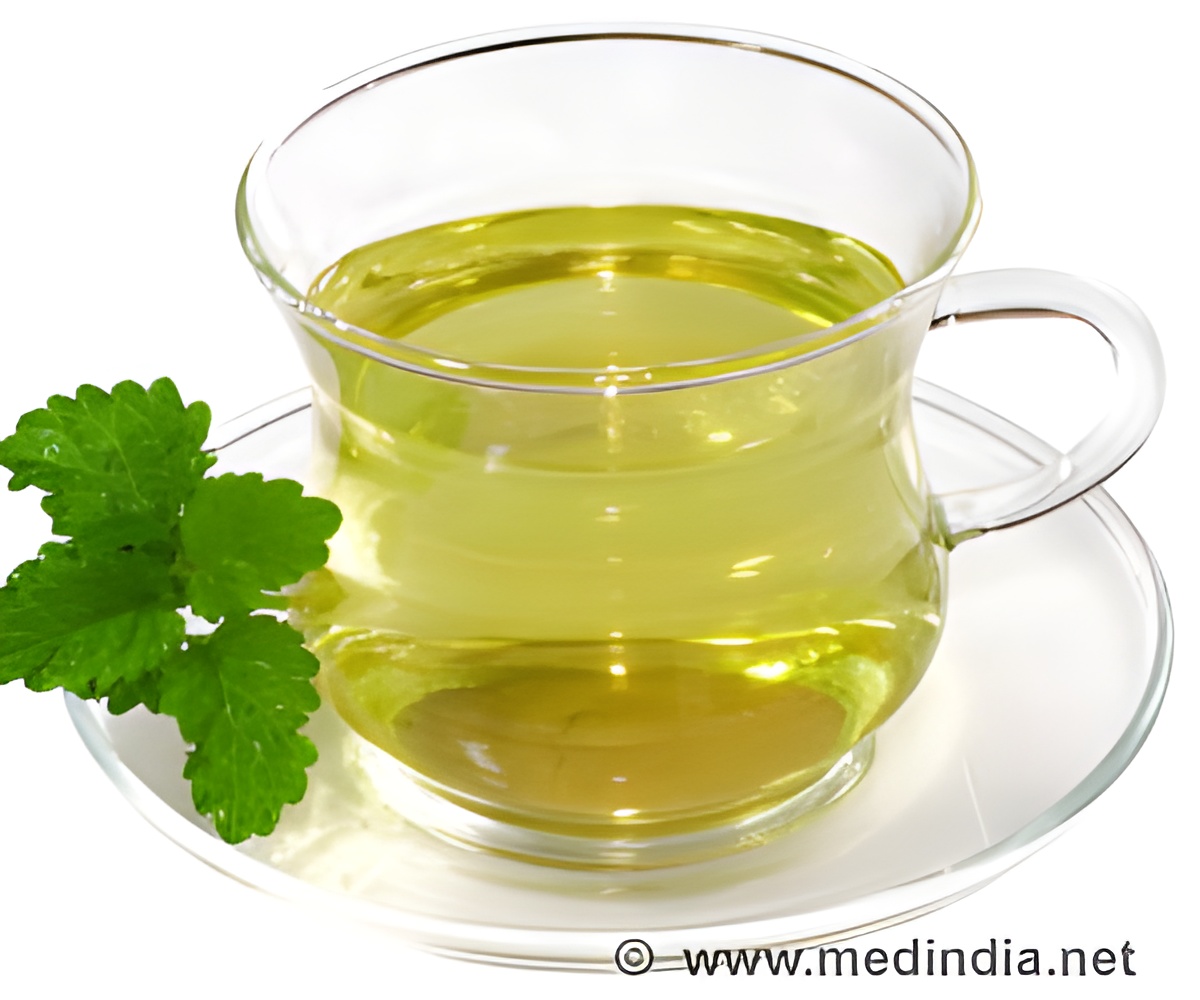A new study has revealed that citrus juices or vitamin C enable tea's unique antioxidants to remain after simulated digestion.

The findings suggested that complementing green tea with either citrus juices or vitamin C likely increases the amount of catechins available for the body to absorb.
Catechins (pronounced KA'-teh-kins), display health-promoting qualities and may be responsible for some of green tea's reported health benefits, like reduced risk of cancer, heart attack and stroke.
Ferruzzi said, the problem is that catechins are relatively unstable in non-acidic environments, such as the intestines, and less than 20 percent of the total remains after digestion.
"Off the bat you are eliminating a large majority of the catechins from plain green tea. We have to address this fact if we want to improve bodily absorption," Ferruzzi said.
For the study, Ferruzzi tested juices, creamers and other additives that are either commonly added to fresh-brewed tea or used to make ready-to-drink tea products by putting them through a model simulating gastric and small-intestinal digestion.
Advertisement
The study found that lemons and tea go even better together than their popularity might suggest. Lemon juice caused 80 percent of tea's catechins to remain. Following lemon, in terms of stabilizing power, were orange, lime and grapefruit juices.
"If you want more out of your green tea, add some citrus juice to your cup after brewing or pick a ready-to-drink product formulated with ascorbic acid," Ferruzzi said.
Although this study only examined green tea, Ferruzzi said he suspects that some of the results also could apply to black tea, which is produced by fermenting green tea.
Presently, Ferruzzi is conducting an in vivo study, or study on a live organism, to quantify the ability of juices and vitamin C to increase levels of catechins in the intestines and bloodstream of animals and, by extension, in humans.
"This study tells us a lot of interesting things, but it raises many questions that have yet to be answered," he said.
The study is published in Molecular Nutrition and Food Research.
Source-ANI
SRM/P











